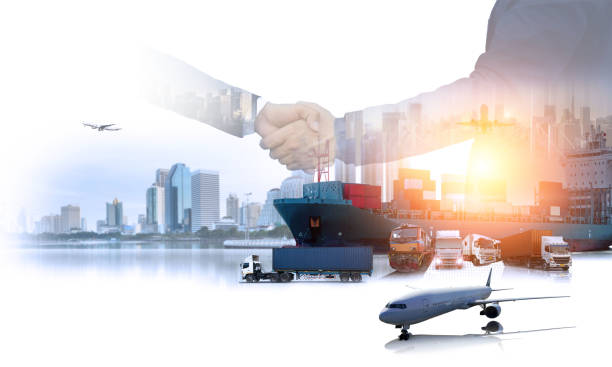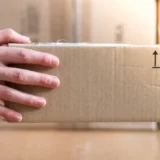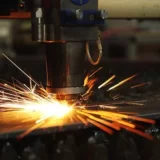
There are many pit holes to avoid when importing / exporting goods; regulations, product protection, unexpected costs, etc. I would like to share with you that how to import / export goods while overcoming these obstacles. In this article, you can refer to
- Background Story
- How to identify a good forwarder
- Aspects to consider for import / export
I used to import large and different types of electric vehicles to Japan. At the beginning, there were some issues as below.
- Packing material regulation Wood packing materials were required to be smoked (to avoid foreign insects). Smoked wood materials are stamped with fumigation mark.
- Unclear forwarder cost The first import forwarder was introduced by potential sales partner. So there was no bidding or price comparison between forwarders.
- Charging concerns The electronic vehicle required large amount of voltage and current to charge. Several issues were to solve.
- Method to charge (constructing a Cubicle or lending a Generator)
- Permission of local government to use large amount of electricity
- Compliance check with Product Safety Electrical Appliances and Materials Safety Act
- Physical protection / maintenance of the vehicle (protecting from rain/dust, keeping adequate air pressure, having spare parts)
- Electrical protection / maintenance of the vehicle (regularly charging battery or adding battery fluid)
- Bluetooth Device regulation There was a Bluetooth device attached to the vehicle. Bluetooth is a subject to Radio Act.
- Vehicle homologation / type certificate Some vehicles were required to approve all kinds of tests from braking to structure robustness to run on public roads. The approval process was easier if an imported vehicle had approved European or American type certificate, still some physical tests were necessary to pass.
- Tariff rate Beside import general tax (usually equivalent to consumer tax / VAT), some import goods are subject to tariff or import tax.
To find if forwarding cost was appropriate or not, I conducted the sourcing activity by finding potential forwarder partners and compared prices and reliability.
- Bidding Process It is great idea to eliminate specialness and make the conditions clear and fair as much as possible for bidding. To share some of conditions for forwarders,
- Volume
- Mass
- Inco terms
- Shipping and Delivery Locations
- Packing Method Instruction
- Regulation compliance
- Reliability Check It is difficult to evaluate reliability of forwarder other than price competitiveness. Here are some of the points to check.
- Past delivery record of the same or similar product
- Forwarder’s branch in import / export destination
- Forwarder’s main revenue source is the same as or similar to your product, region, or volume
- Other proposals or advice to import / export procedures or cost reductions
From my experiences, you may consider the following aspects for import / export.
- Regulations Check You can check in advance not only the regulations related to product, but also regulations related to import / export.
- Small Start It is recommended to import / export with a small sample. There are always some issues to solve with the sample. So you can reduce a risk of quality or operations when you import / export large amount.
- Bidding / Price Comparison of forwarders You can refer to the paragraph above.
- Operational Coordination This is tricky. there are several issues to check
- Packing (damage protection, fumigation, water protection, container choice, loading method confirmation)
- Unloading (unloading equipment arrangement, feasibility of unloading operation, permission of unloading equipment)
- Setup (setting to destinations machinery, initial set-up or some localization)
- Maintenance (both hardware such as mechanical and electrical, as well as software update)
Lastly, we work with forwarders and import / export operations on daily basis. Our main business is deliver metal strips (steel, aluminum, copper) or machined metals (copper, and other alloys) to clients in trouble. If you have an issue about procurement of these metals, please contact us.


